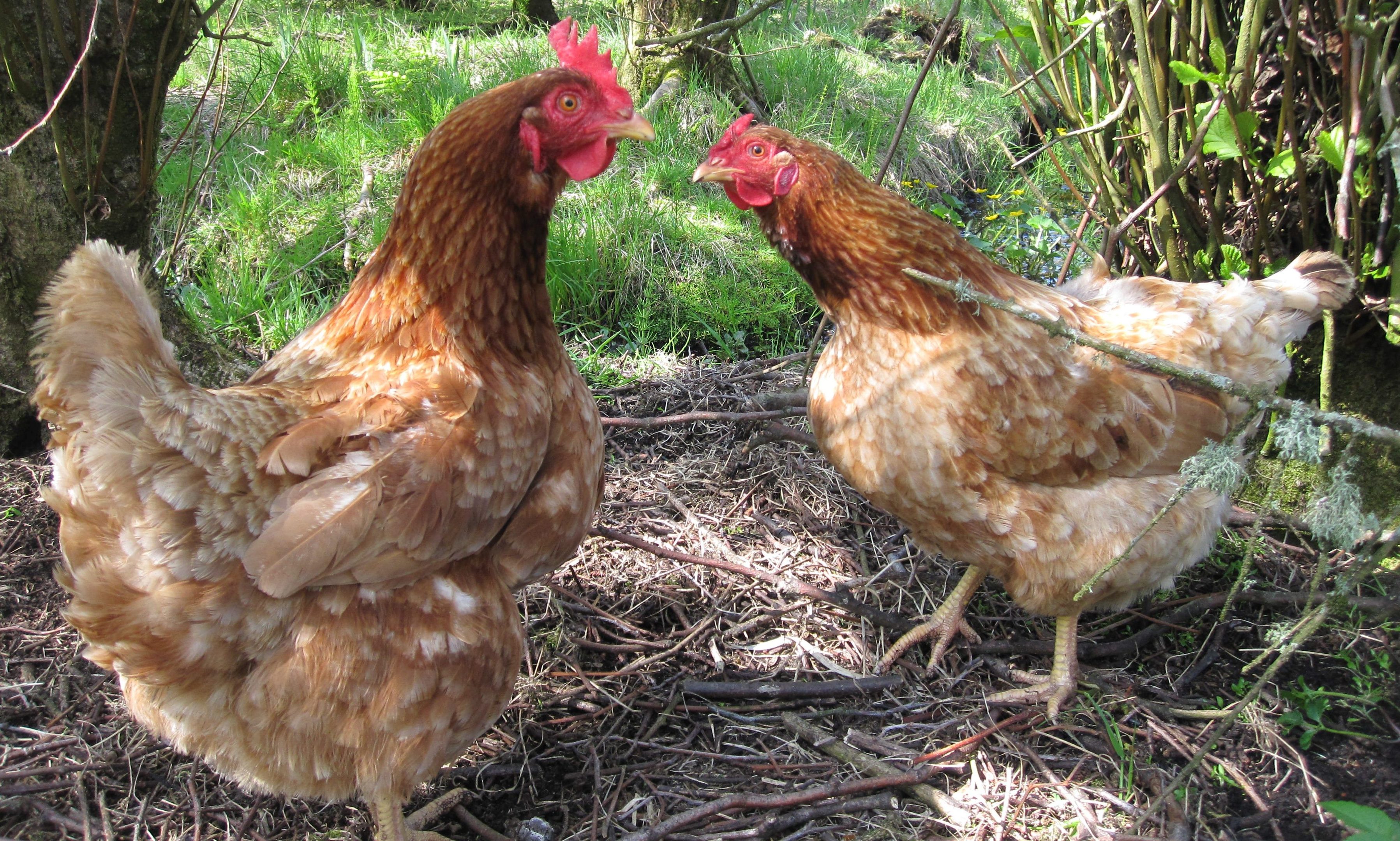All poultry owners – even those with just a few hens running round the farmyard – have been urged to do everything they can to help prevent the spread of bird flu.
An appeal from Government and vets follows the confirmation of the H5N8 strain of the virus in backyard flocks in Carmarthenshire, Yorkshire and at a swannery in Dorset.
The virus is known to be present in wild birds across Europe and has now spread to the UK. A case was confirmed in a peregrine falcon in Dumfries and Galloway at the end of last month.
A Government Prevention Zone which requires all large-scale or commercial flocks to be housed has been in place since December 6 and restrictions have been extended to February 28.
Defta has issued new advice for keepers of small flocks of poultry which includes adapting an outbuilding or erecting a temporary structure such as a polytunnel to prevent contact with wild birds.
The advice states: “Think of your flock’s welfare while the Prevention Zone is in place: check for and remove any hazardous substances from any building where you are housing your birds; make sure there is natural light; and that the environment is interesting to reduce the risk of feather pecking by, for example, adding straw bales and perches.
“Remember that good biosecurity reduces the risk of infection: keep food and water supplies indoors where they cannot be contaminated by wild birds; feed your birds indoors and keep them away from standing water; keep movement in and out of enclosures to a minimum and scrupulously clean footwear before and after visits.”
British Veterinary Association (BVA) president Gudrun Ravetz said the confirmation of the disease in backyard flocks illustrated the risk bird flu posed to domestic poultry and demonstrated the need to keep them separate from wild birds.
“Biosecurity is also as important to smallholders and hobby keepers of birds as it is to large scale and commercial poultry keepers. Tight biosecurity, such as maintaining high levels of cleanliness and hygiene and not allowing visitors to come close to your birds, is essential,” she said.
“Signs of avian flu can vary between species of bird and could range from very mild signs like seeming ‘off colour’ or reduced feed or water intakes through to the severity of death. If you are concerned about your flock, please speak to your local vet.”
Anyone with suspicion of the disease in their birds should report it to the Animal and Plant Health Agency on 0300 0200 301.
nnicolson@thecourier.co.uk
